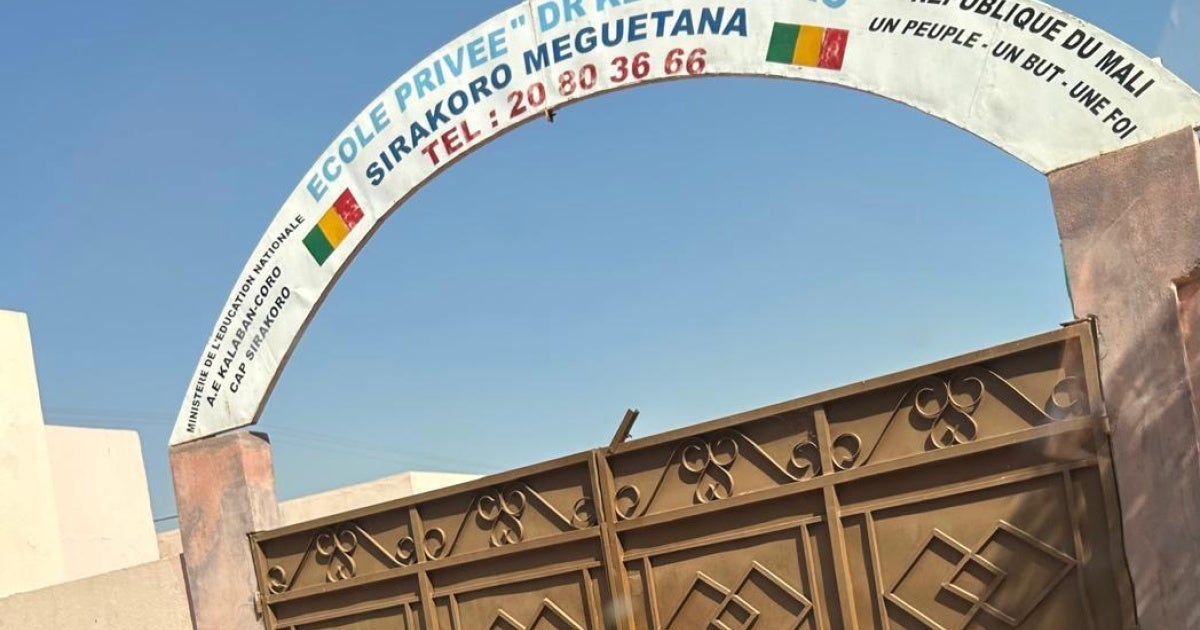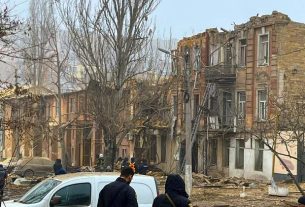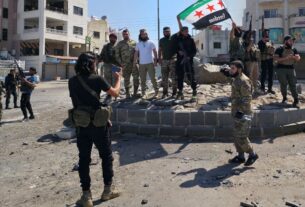Mali’s military junta has temporarily shut down all schools and universities after an Islamist armed group laid siege to the nation’s capital, Bamako, and cut off fuel supplies, deepening the suffering of children and youth whose education has been disrupted by years of conflict.
Mali’s education minister announced on October 26 that classes would be suspended nationwide “due to disruptions in [the] fuel supply,” affecting transportation for students and education staff.
Since early September, the Al Qaeda-linked Group for the Support of Islam and Muslims (Jama’at Nusrat al-Islam wa al-Muslimeen, or JNIM) has attacked hundreds of fuel tankers and abducted or assaulted fuel truck drivers. The siege has paralyzed Bamako, choking its supply routes and disrupting public and private transportation and access to electricity.
The education minister said classes will resume November 10. However, as some teachers and other educators told me, even short interruptions might affect students’ education in a country grappling with armed conflict, violence, and displacement. “A short break can have huge consequences,” said a deputy school director in Bamako district. “Shutting down schools might address immediate challenges but could further exacerbate the harm caused by JNIM.”
The United Nations Children’s Fund (UNICEF) reported that as of June 2025, more than 2,000 schools remained shut across Mali due to insecurity, affecting more than 600,000 students.
In 2011, the UN Security Council adopted a resolution urging parties to armed conflict “to refrain from actions that impede children’s access to education.”
The laws of war do not prohibit sieges, but warring parties must comply with principles such as distinction and proportionality and take all feasible precautions to avoid civilian harm. Sieges may not include tactics that prevent civilians’ access to items essential for their survival.
JNIM should immediately cease all attacks targeting civilians or civilian objects and facilitate the delivery of humanitarian assistance to the population.
Mali’s authorities should uphold their obligations under international human rights law to ensure everyone’s right to education, even during emergencies. That means only closing schools and universities when necessary and proportionate to achieve a legitimate aim, keeping these closures limited in time, and reopening schools as soon as conditions permit. At a minimum, they should ensure that children’s right to compulsory primary education takes urgent priority.
Both sides in Mali’s conflict need to do more to protect the country’s children.



